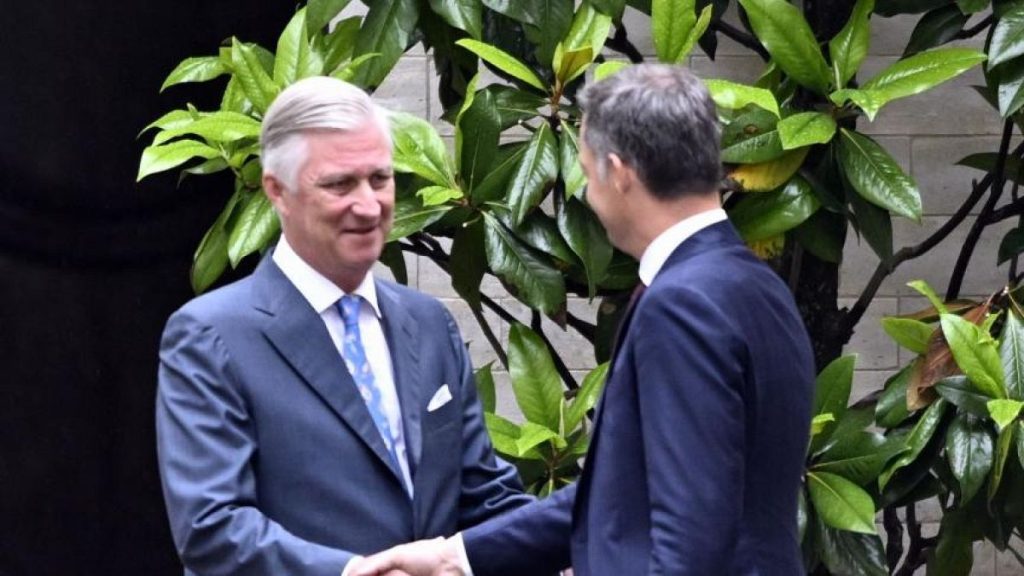Outgoing Belgian Prime Minister Alexander de Croo of the Flemish liberal party Open VLD resigned after his party suffered heavy losses in the federal elections. King Philippe accepted his resignation, and De Croo will remain as caretaker prime minister until a new coalition is formed. Despite the disappointing election results, De Croo thanked voters and militants for their support. The far-right Vlaams Belang party was predicted to become the main political force, but the right-wing nationalist New Flemish Alliance (N-VA) retained its first spot with around 22% of the votes. Belgium is divided along linguistic lines between Wallonia and Flanders, leading to complex negotiations in forming a government. The country holds the world record for the longest time needed to form a government, with 541 days of negotiations in 2021.
The federal elections in Belgium took place with over 8 million voters participating in what was called ‘Super Sunday’. The results will lead to the formation of a new government, with Belgium being split into French-speaking Wallonia in the south and Dutch-speaking Flanders in the north. The government is typically formed by coalitions from both regions due to the deep regional identities within the country. The election results indicated a shift in political power, with the N-VA expected to lead once again, despite predictions of Vlaams Belang’s rise. The process of forming a new government in Belgium is expected to be complex and lengthy, as different parties from both regions must come together to create a coalition.
The resignation of Prime Minister De Croo comes after Open VLD faced a heavy loss in the federal elections, with only 5.4% of the national votes. This marked a significant decrease from the previous federal elections five years ago. De Croo acknowledged the disappointment of the election results and took responsibility for the party’s performance. As the caretaker prime minister, he assured that the current government would handle ongoing affairs and prepare for the transition to a new team. The resignation of De Croo and the subsequent discussions to form a new coalition government highlight the challenges in Belgian politics, given the country’s linguistic and regional divisions.
The division between Wallonia and Flanders in Belgium has long been a defining factor in the country’s politics, leading to complex negotiations when forming a government. The linguistic and regional differences often shape political alliances and priorities, making it essential for a coalition government to represent both regions adequately. Sunday’s federal elections have once again brought the issue of regional identity and cooperation to the forefront, as parties from different regions must come together to form a new government. The role of the caretaker prime minister in overseeing the transition process emphasizes the need for stability and continuity during this period of political change in Belgium.
With the N-VA retaining its first spot in the federal elections, the political landscape in Belgium is set for a period of negotiation and coalition building. The results marked a shift in power dynamics, with various parties vying for influence and representation in the new government. Belgium’s reputation for lengthy government formation processes is likely to be upheld as parties from different regions work to find common ground and create a coalition that can address the country’s diverse needs and interests. The election results on ‘Super Sunday’ have set the stage for a new chapter in Belgian politics, with ongoing discussions and negotiations expected to shape the future direction of the country.













